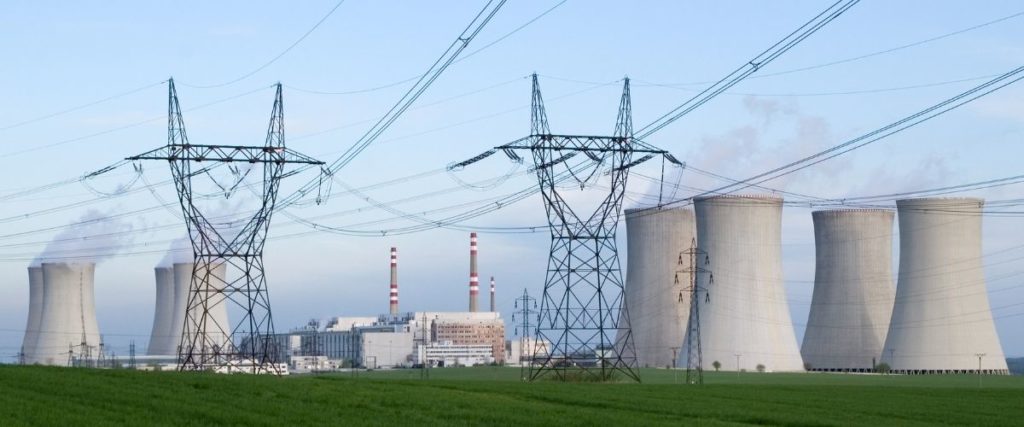Japan is reviving nuclear research efforts through participation in a US-led fast reactor project, developing important spent fuel recycling technology.
The Japan Atomic Energy Agency (JAEA) and Mitsubishi Heavy Industries are set to work with the United States Department of Energy and US-based startup TerraPower on the development of a fast reactor project, focusing on technology important for spent fuel recycling.
These efforts will resume Japan’s nuclear research, following the closure of the country’s Fukui Prefecture’s Monju fast breeder reactor prototype in 2016 and the cancellation of France’s ASTRID project in 2019. The JAEA will offer support and data from the Monju fast breeder to this new project.
The new project, led by Bill Gates-backed TerraPower will be a 345 MW fast reactor facility in Wyoming and is aiming to launch in 2028. The US government will cover around half of the project costs in US$2 billion in subsidies.
Lessons learnt from Monju’s sodium coolant leak will be valuable information used for developing and testing the TerraPower project. Japan’s Ibaraki Prefecture Athena sodium experimental facility will also provide important data.
In 2018, Japan laid out a road map for fast reactor development, which included collaborating with the US, both countries making an agreement to develop a test fast reactor together.
Fast reactors are powered by fast neutrons sustaining a fission chain reaction, which makes them more efficient than traditional nuclear reactors. They hold the potential for development of crucial technology involved in recycling plutonium from spent fuel.
Despite this, Japan has yet to complete their fuel reprocessing plant in Aomori Prefecture, and the total cost of reprocessing spent fuel has skyrocketed to about JP¥14 trillion (US$122 billion).
As the world races to reach carbon neutrality, sustainable energy sources will be fundamental to these efforts, many countries reviving research in nuclear power, and this new Japan-US collaboration leading the way in fast reactor development.
Related Articles
JFE Steel and Innoqua Partner to Restore Coral Reefs
6 Lessons the World Can Take From APAC’s Renewable Energy Success
Japan Allocates US$5.2 Billion to TSMC and Other Chip Manufacturers





